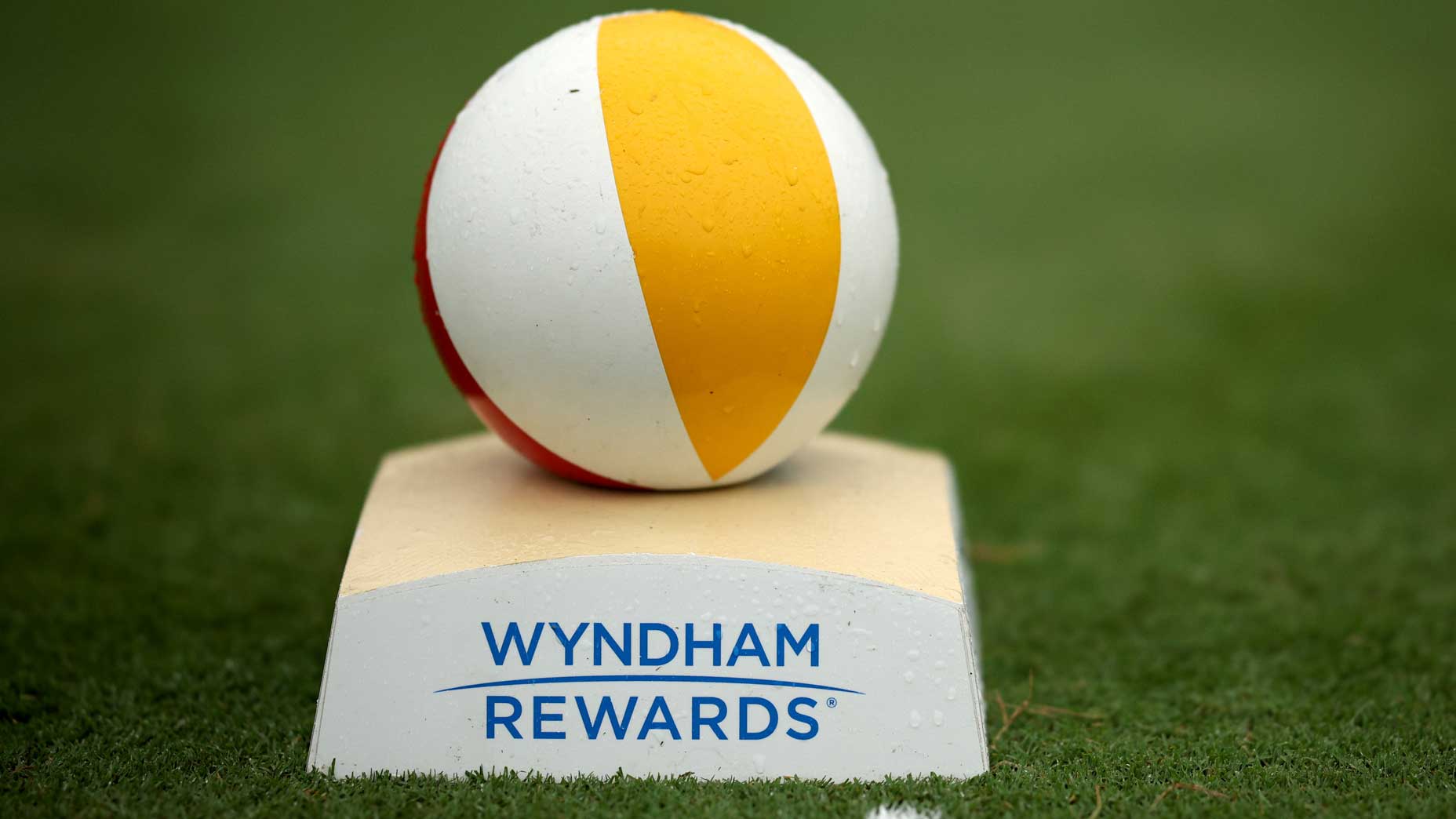The Ryder Cup is dead — you just don’t know it yet.
One of the greatest events in sport is on the verge of irrelevancy. The young, talented, hungry golfers from the United States, benefiting from the cohesive leadership of the Task Force era, are going to roll to victory in 2018 in Paris. This will be the first American win on European soil in a quarter century and, coming on the heels of an overpowering U.S. win in ’16, will set the stage for a decade-plus of blowouts, sapping the intrigue out of the Ryder Cup. It’s going to get so lopsided that you can expect future Ryder Cups to have all the dramatic tension of…gasp!…the Presidents Cup.
Some American fans will no doubt revel in the domination, but this won’t be good for the Ryder Cup. It’s tough to care about a sporting event when the outcome is preordained. Yes, Europe enjoyed a dynasty from 2002–14 and the Ryder Cup survived, but there is a key difference: they were plucky underdogs, and the Stateside angst that followed each of those losses only served to heighten anticipation for the rematches. The fact is, the U.S. should win the Ryder Cup, owing to significant advantages in infrastructure, from the AJGA to the NCAA to the might of the PGA Tour, to say nothing of the biannual tune-up afforded by the Prez Cup. But Goliath repeatedly crushing David underfoot is a tough sell to the masses.

What has changed so suddenly? Following the clueless reign of Tom Watson in 2014, the Ryder Cup Task Force reshaped the U.S. leadership structure, basically stealing the European model of grooming future captains and pooling the knowledge of past honchos. This played out at the 2017 President Cup, where the U.S. tested out new pairings — JT & Rickie! — under the watchful eye of Jim Furyk, who will face off against Euro captain Thomas Bjorn in Paris.
More problematic for Europe is that the players who’ve carried the team for the last decade are on the verge of a last stand: Lee Westwood, if he makes the team, will be 45; Henrik Stenson will be 42; Ian Poulter, 42; Sergio Garcia, 38; Justin Rose, 38. Poulter didn’t even make the team in 2016, Westy was abysmal, and Stenson/Rose/Garcia buckled under the burden they were asked to carry at Hazeltine. (Rory McIlroy, 28, was electric for two days, but he, too, ran out of gas in singles.) After his Masters breakthrough, Danny Willett, 30, was expected by many to be a European stalwart, but he’s turned out to be a disappointment, to say the least, and at the moment seems highly doubtful to even make future European teams. Thomas Pieters, 25, was a revelation at the ’16 Cup but has been quite mediocre since. “Jon Rahm, 23, will undoubtedly be a handful, but it’s asking a lot for a rookie to be a savior. This applies to Tyrell Hatton, 26, Tommy Fleetwood, 26, and Alex Noren, 35, as well.
Project to 2020: Stenson, Rose, Garcia and Poulter will all be in their 40s. As they fade away, the balance of power shifts even more in favor of the U.S…
Meanwhile, just look at the big steps taken by the U.S. players since the last Ryder: Jordan Spieth, 24, won another major and reasserted himself as golf’s alpha male; Dustin Johnson, 33, spent almost all of 2017 at number one; Brooks Koepka, 27, won the U.S. Open. You know who has never even played in a Ryder Cup? Justin Thomas, 24, merely the reigning player of the year. Throw in Rickie Fowler, 28, and Patrick Reed, 27, and you have a rock-star core for the next decade or more — not to mention the fact that these guys will be augmented by wily vets (Phil! Kuch! Zach! Bubba! Sneds! Duf!) and some spicy young comers (Daniel Berger, Kevin Kisner).
I suppose that when all of the above comes true I’ll be celebrated as some sort of Nostradamus in knickers, but believe me, I take no pleasure in writing this column. The Ryder Cup, as we know it, was great fun. I’m going to miss it.





